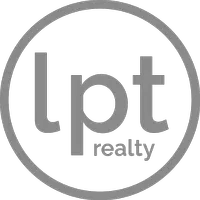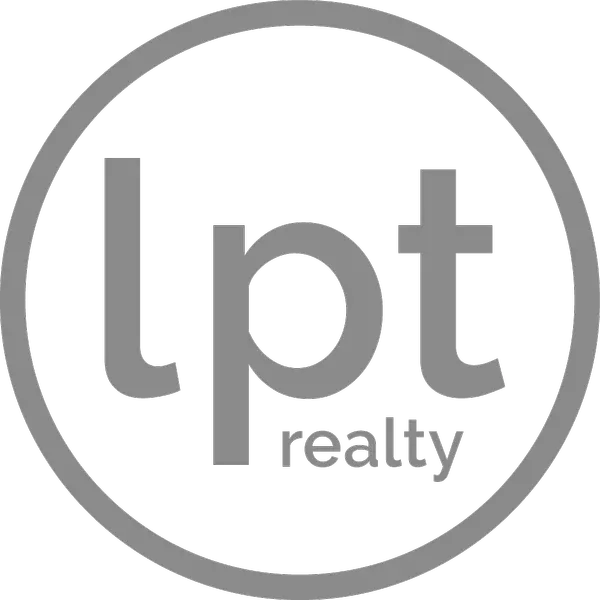Foreclosure Help
Foreclosure Help: Tips for SellersForeclosure is a topic that no homeowner ever wants to think about, but unfortunately, it is a reality that some people have to face. For sellers who find themselves in this difficult situation, there is help available. In this blog post, we’ll discuss the reasons w
Loan Programs
Loan programs are an essential part of the real estate industry. They offer buyers and investors various options for financing their property purchases. Real estate investors can use loan programs to finance their investments, while buyers can use them to buy their first homes. In this blog, we will
First time home buyers
As a first time home buyer, the process of purchasing your own home can be overwhelming. With so many factors to consider, it's important to educate yourself on the process to ensure a successful transaction. In this blog, we'll explore some of the essential Dos and Don'ts, loan programs, and down p
Moving to Miramar, Florida
If you're looking for a city that has a diverse community, excellent schools, and a growing economy, Miramar, Florida, is an ideal place to call home. This sunny city has a lot to offer to both buyers and sellers. In this blog, we'll take a closer look at Miramar's housing market trends, top buyer q

Germain Abraham
Phone:+1(305) 608-8480



